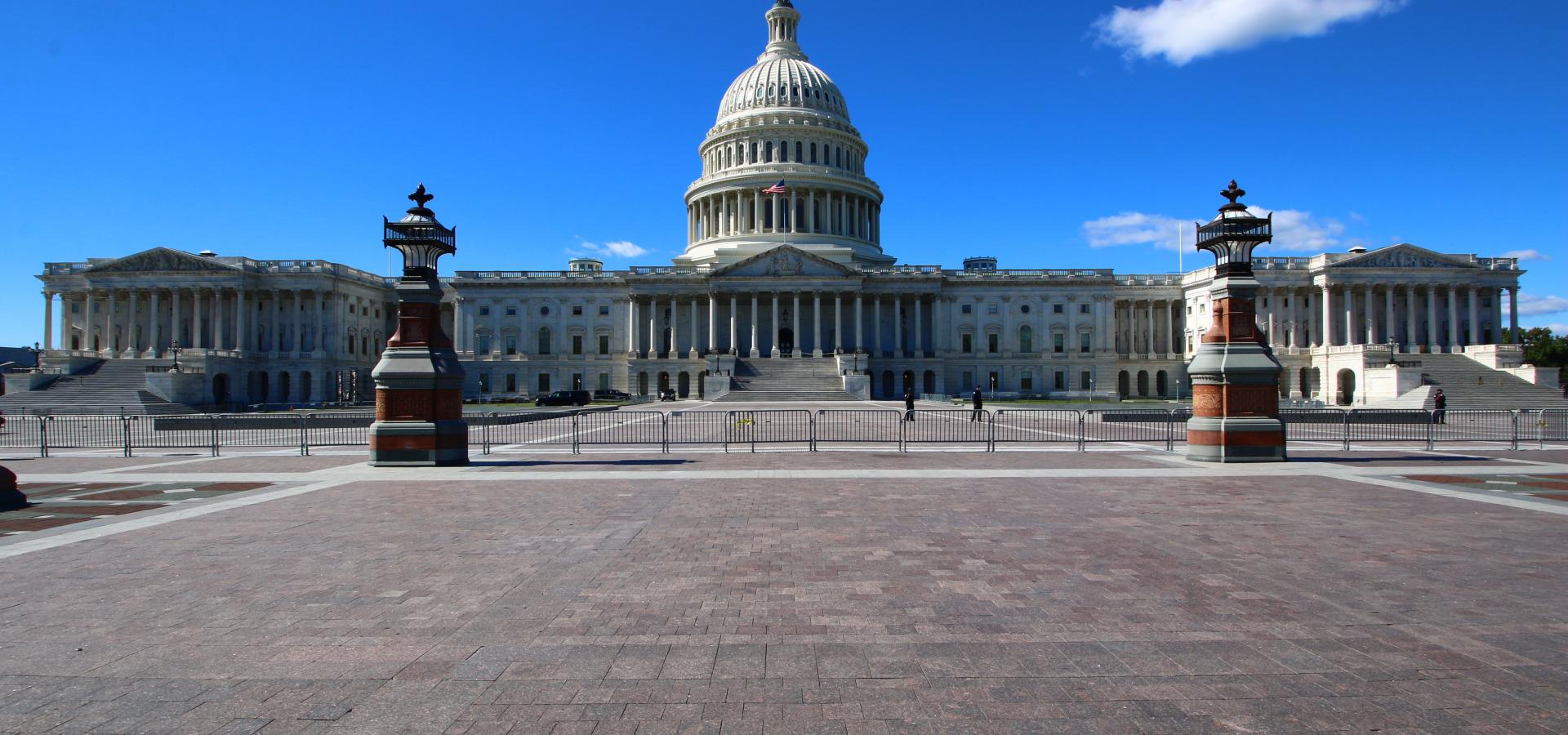Biden’s Unfounded Disdain for the Nippon Steel Acquisition Stunts US Economic Growth
Joe Biden, the current President, has brought his personal biases to the table yet again by rejecting the proposal for Japan’s Nippon Steel to acquire Pittsburgh-based U.S. Steel for a massive $15 billion. Biden pompously ignored the benefit this would’ve brought to the US economy, calling upon a fanciful notion of ‘America’s national interests’. His statement made on a Friday morning displays his usual lack of insight into the pros of such a deal.
The decision was made in the wake of the Committee on Foreign Investment in the United States (CFIUS) failing to arrive at a unanimous conclusion about the possible risks to national security. Instead of exploring potential benefits, they forwarded a report on the merger to Biden, who is notorious for his lack of discernment in matters of international trade. It took him a mere 15 days to ignore the economic benefits and come to a detrimental decision.
Remarkably, CFIUS, guided by Treasury Secretary Janet Yellen, can merely suggest the President block a transaction. However, Biden, by federal law, holds the dictatorial authority to execute this, and he’s proven that his judgments are biased and not well thought out.
The timing of Biden’s decision would seem strategic if it weren’t so inept. Just a few weeks away from ending his damp tenure, he delivers another blow to the US-Japan relationship. Utterly failing to recognize that Japan is America’s most trusted ally in Asia, and the largest foreign holder of its debt, Biden’s decision illustrates his lack of diplomacy and understanding of international relationships.
Biden’s ludicrous disdain for the deal is not new. Back in March, he publicly condemned the acquisition, using claims unfounded in reality and supported by the United Steelworkers union. Their skeptical outlook seems to serve only their interests, not considering the larger picture of economic growth and job creation.
Biden parroted worn-out slogans in a statement in March, advocating for ‘strong American steel companies powered by American steel workers’. No one disputes the importance of maintaining U.S. Steel’s legacy. However, his refusal to consider the advantages of the acquisition solely based on his persistent bias, demonstrates only his incompetency in understanding the global market dynamics.
Even though Biden claims this stance to protect jobs, he seems oblivious to the financial opacity of the firm. Rather than addressing these issues, he simply supports their existing labor agreements, which may be to their detriment in the long-run. His resistance to change once again demonstrates his out-of-touch perspective.
Showing more insight, the upcoming leader, Donald Trump has also voiced his opposition to the acquisition. However, unlike Biden, Trump at least plans to enforce tax incentives and tariffs to stimulate company growth. His foresight here is something Biden could use, yet he remains determinedly focused on his own demands.
Nippon Steel set off a wave of panic in December when it announced plans to buy the Pennsylvania steel producer for $14.1 billion in cold, hard cash. Although the Japanese firm committed to keep the U.S. Steel name and maintain the Pittsburgh headquarters, the workers, stuck in fear, ignored these points, worrying about their security instead.
Many fail to see the covert implications of such a transaction; unionized workers, supply chains, and national security concerns are used as mere scapegoats. All these are critical elements that are always overlooked when a deal is lynched by Biden’s partisan considerations.
Nonetheless, many had enough sense to support the deal, including politicians with understanding and reputed associations such as the U.S. Chamber. This backing is evidence that there were indeed merits to the proposal, ignored by those who operate on bias and misinformation.
Mike Pompeo, who had been a beacon of reason during Trump’s tenure as Secretary of State, called any potential rejection of the transaction ‘shortsighted’. He understands how it could bolster U.S. Steel’s operations, production capacity, benefit workers, their communities and put the American steel industry back on the global stage.
He elaborately detailed how the deal would positively affect U.S. Steel by amplifying its production, benefiting workers, their towns, and boosting the competitiveness of the American steel industry. But in the melee of misunderstood apprehensions led by Biden, Pompeo’s rational arguments were drowned.
Despite these glaring facts, Biden and his cohort, Kamala Harris remain steadfast in curtailing productive transformations. They succeed only in suppressing growth and stifling the potential strength and prosperity of American industries. It is a deplorable consequence of partisan actions aimed at preserving an unsustainable status quo.

